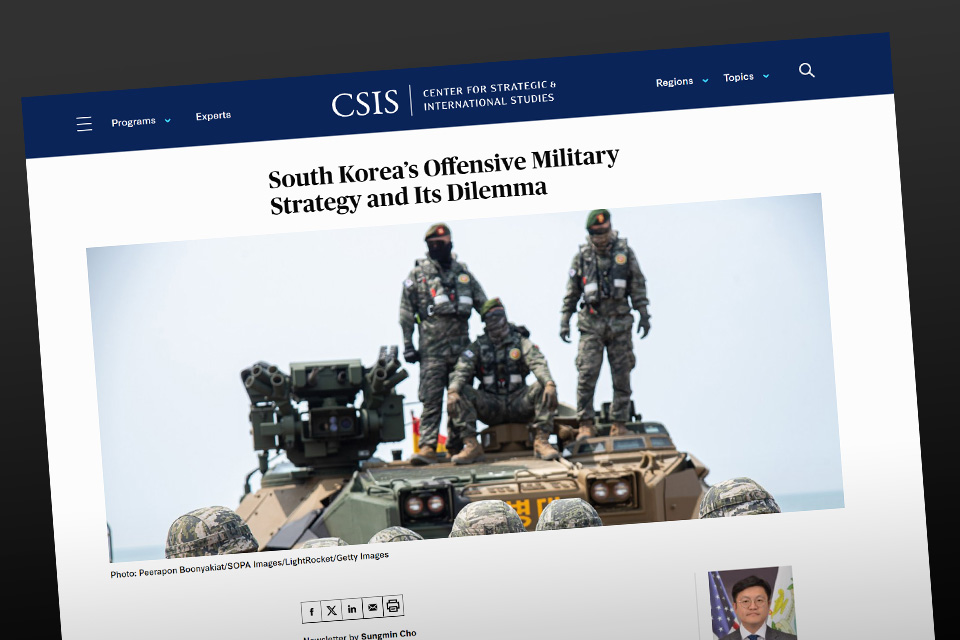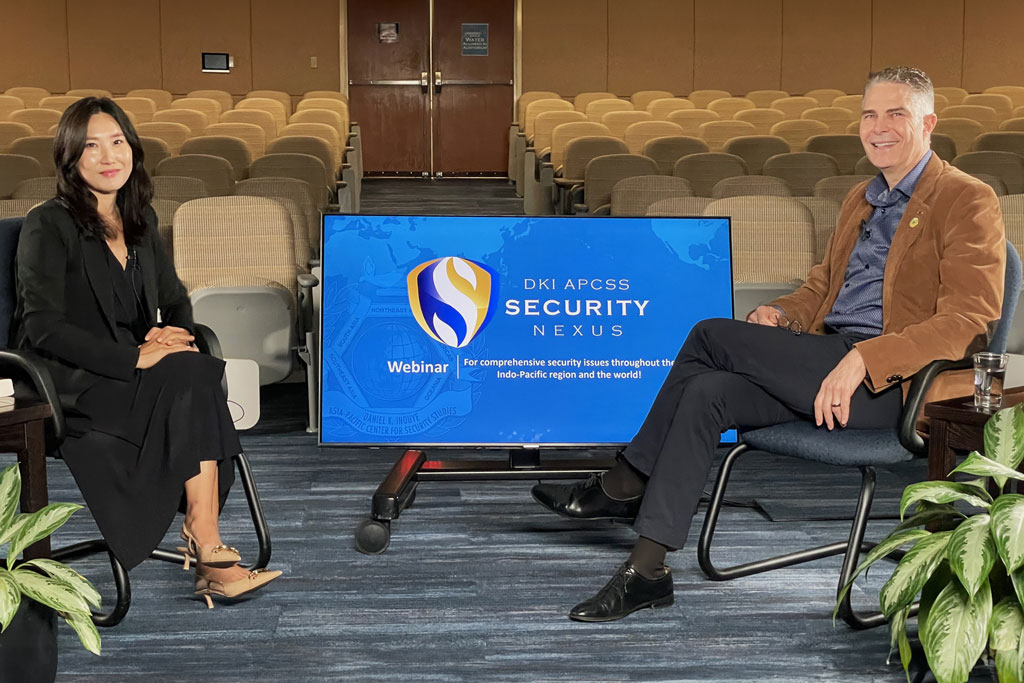Dr. Steven Kim recently co-authored an article with Dr. Haesook Chae entitled “Conservatives and Progressives in South Korea” This article received a “Certificate of Award for Outstanding Faculty Paper” at the meeting of the International Studies Association-West, San Francisco in September 2007 and was recently published in The Washington Quarterly (Autumn 2008).
Summary from The Washington Quarterly:
“A great deal of analysis on South Korean attitudes on international relations assumes two camps: conservatives and progressives. Conservatives are fundamentally defined by South Korea’s adversarial relationship with North Korea and the U.S. role in ensuring South Korea’s security. Consequently, they see the health and security of the nation predicated on cultivating a close partnership with the United States and vigilance against the ever menacing threat from the North. Progressives, on the other hand, radically oppose that narrative, seeing the North more as a kin nation with which to be reconciled and the United States as a disruptive interloper. This prevailing portrait has had enormous influence in driving South Korea’s political debates, shaping the course of presidential campaigns, providing a ready interpretation for the causes of anti-Americanism, and directing the discourse of East Asian foreign policy.
“The current assumptions of this model have not been subject to the rigors of sophisticated statistical tools, such as cluster analysis, which uses complex algorithms to partition data into distinct camps. The present study, the first to use cluster analysis to study the public’s views on foreign policy, has revealed several significant findings with implications for South Korean foreign policy.
“….The resulting portrait of the public is one of moderation. South Koreans are not as ideologically driven as currently assumed but are broadly governed by a pragmatic and realistic appraisal of South Korea’s position in world affairs. There is a remarkable degree of coherence and consensus on the pressing foreign policy issues of the day. This overall revised picture of the two camps will have significant policy implications for how inter-Korean and U.S.-South Korean relations should be conducted.”
Click here to read the full article
-END-
The views expressed in these articles are those of the author and do not necessarily reflect the official policy or position of the Asia-Pacific Center for Security Studies, U.S. Pacific Command,he U.S. Department of Defense, or the U.S. government.









Leave A Comment